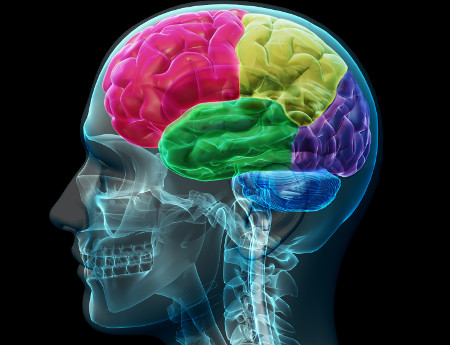
People with visual impairment can feel their heartbeat better than those without it, say researchers from the Jagiellonian University and Karolinska Institutet in Stockholm. Why is this discovery important? It suggests that after the loss of sight, neuroplasticity can heighten our awareness of the signals we receive from our bodies.
For quite some time, we have known that the brain is a very malleable organ. For instance, if someone loses their sight, the areas of our brain responsible for interpreting the image from our eyes can be made to process auditory stimuli. Therefore, losing access to one of the senses can make the others more acute, since the brain actively adapts to new situations.
The paper Heartbeat counting accuracy is enhanced in blind individuals published in the Journal of Experimental Psychology: General describes the results of a study involving 72 volunteers, half of whom were visually impaired.
‘The study was aimed to assess the subjects’ ability to measure their own heart rate by counting every heartbeat. We wanted to test whether visually impaired people have a better sense of their bodies’, said Dominika Radziun, the first author of the publication and a Jagielllonian University graduate.
The volunteers were instructed to focus on feeling their heartbeat without manually checking their pulse. Their task was simple: to count their heartbeats during several short periods without knowing their precise length. Next, the researchers compared the numbers they were given by the volunteers with data registered by machines. The participants were also asked to assess their confidence about their performance on a scale from 0 to 10.
The study has shown that visually impaired people were more precise in assessing their heart rate. It is worth to mention that there were not significant differences in both the confidence and heart rate in both groups. The implications of the study are of great importance, since it allows us to suspect that visually impaired people are more sensitive to the signals their bodies send them.
‘Our study are an important step in studying neuroplasticity and shows that visually impaired people have a more acute sense of hearing and touch, but also increased awareness of their bodies. This, in turn, allows us to better understand how they perceive their emotions without visual stimuli’, said the paper’s co-author Prof. Marcin Szwed.
The study is part of a larger project carried out by two research groups investigating body perception (Karolinska Institutet) and neuroplasticity (SzwedLab at the JU Institute of Psychology). Some of their experiments are devoted to barely investigated subject of how visually impaired people perceive their bodies.
The project has an enormous potential. The researchers aim to present the first detailed description of the similarities and differences between people with visual impairment and those without it in various aspect of body perception.





